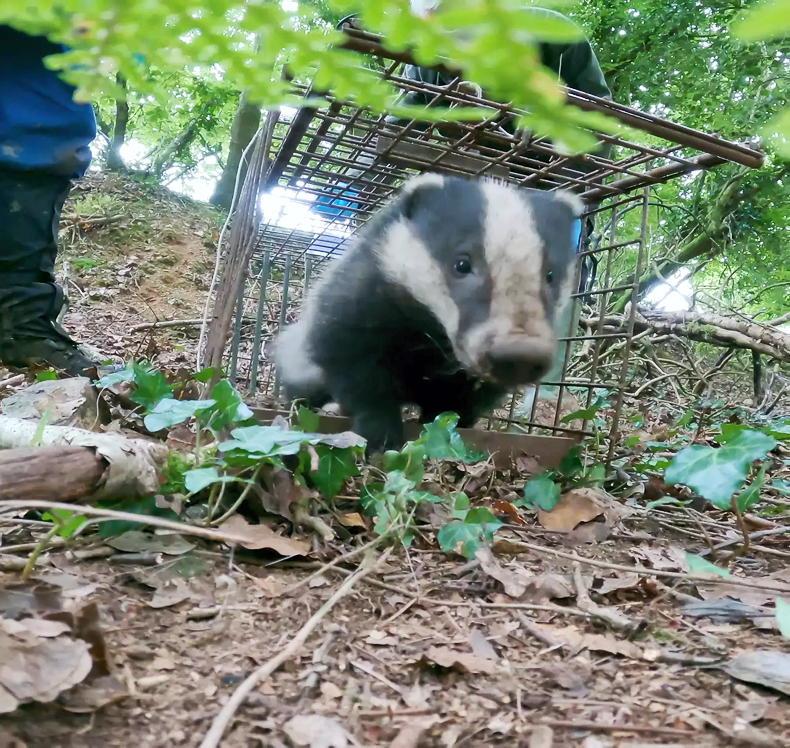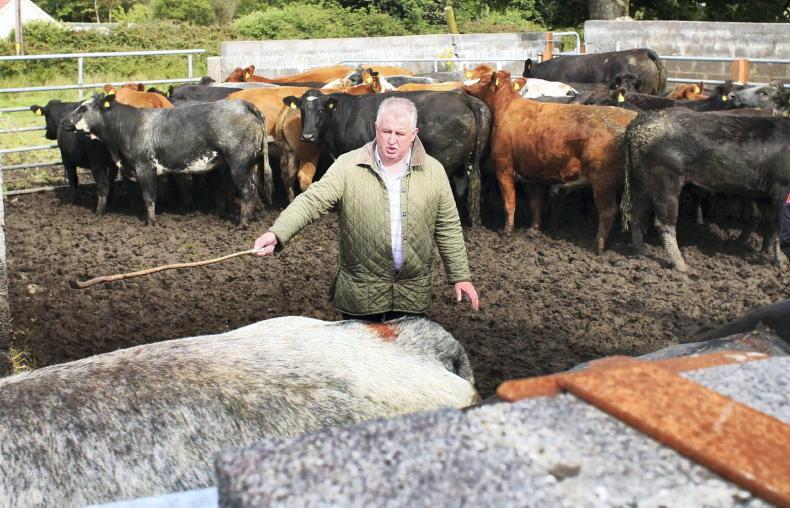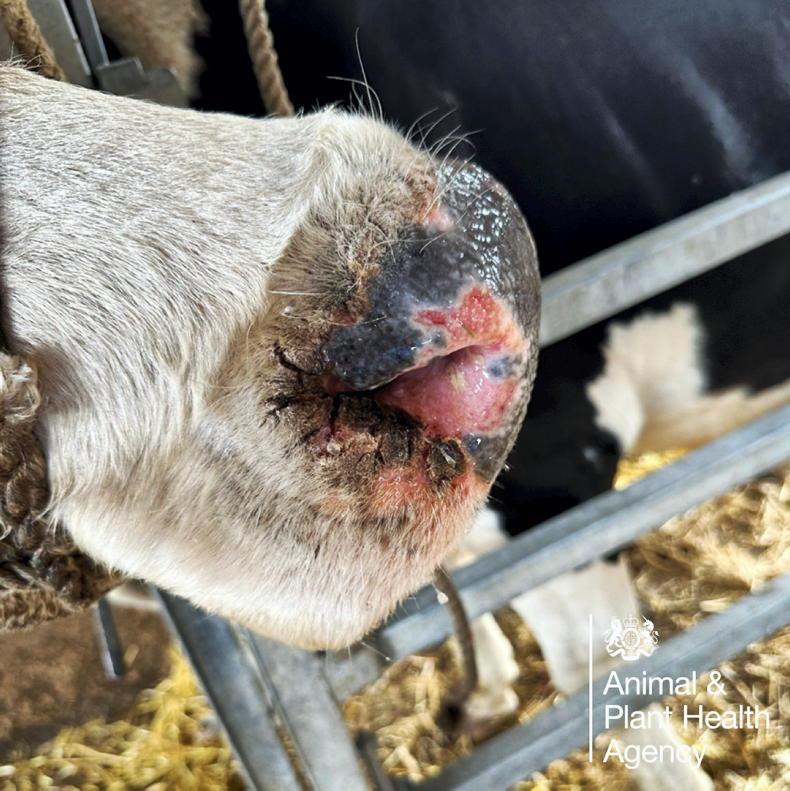The spread of TB and the fear of compulsory purchase orders (CPOs) are the main concerns for farmers affected by a proposed greenway in Co Louth, according to the Irish Farmers Association (IFA).
The IFA met senior officials from Louth County Council and highlighted the serious reservations and concerns of farmers over the proposed Dundalk to Carlingford greenway.
The local authority, in conjunction with Transport Infrastructure Ireland (TII), has proposed a 30km greenway project to run from Dundalk Bay to Carlingford.
IFA Louth County chairman Kevin Sweeney said farmers were very concerned over the disease risk and implications for their livestock herds from infrastructural projects, especially in relation to the increased threat from TB.
“Disruption of the landscape for infrastructure works like greenways and roadways is well known to disrupt badgers and wildlife and increase the spread of TB,” he said.
Development
In addition, the 2018 Strategy for the Future Development of National and Regional Greenways states that “the preferred model for future greenways is to use lands already in the undisputed ownership or control of the State”.
The project is at the early stage of development, having completed a second public consultation during the summer, which is currently being assessed.
It is estimated the project could impact between 200 to 300 farmer/landowners.
The IFA also raised serious farmer concerns over other issues including privacy; security; boundaries; access, traffic and parking; anti-social behaviour; litter; dogs; and environmental issues.
Sweeney also pointed out to the council that there is a longstanding and positive history of walks on the Cooley peninsula where farmers facilitate walkers’ permissive access to their lands.
CPO
The IFA has also reaffirmed its stance in opposition to any severance of farms or CPOs for amenity projects like Greenways.
Sweeney said for the development of any infrastructure, it is essential that there is strong community support, but this is absolutely not the case in Cooley.
“The TII cannot simply plough ahead and ignore the guidelines set out in the Code of Best Practice,” he added.
“It states that it is the clear intention to utilise State-owned lands to the greatest extent possible and minimise the impact on privately-owned land. There is basically no State-owned land along this route, which clearly makes this untenable.”









SHARING OPTIONS